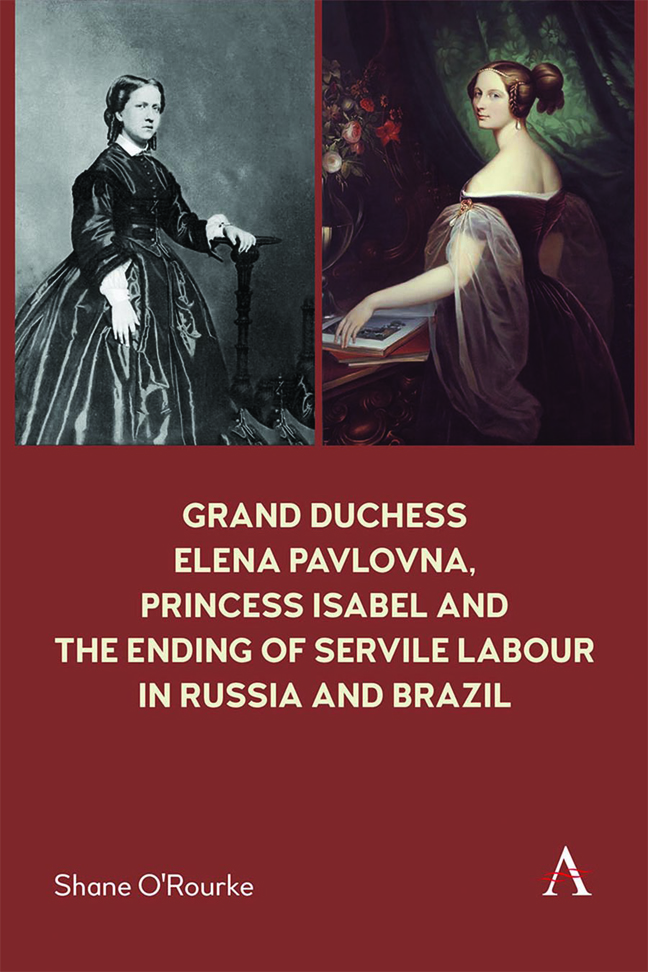Introduction
Published online by Cambridge University Press: 29 February 2024
Summary
Late in the evening on 13 May 1888 in the city of Petropolis, located high in the Serra dos Orgaõs mountain range about 70 km from Rio de Janeiro, an exhausted but jubilant Princess Isabel lay on her bed and wrote a letter to her father, Emperor Dom Pedro II (1831–1889), describing the momentous events of the day.
My beloved and good Parents
Not knowing with what to start today, Mummy for having suffered so much these days or Daddy for the day that it is, I am writing to you both jointly. It is from my bed that I am doing this, feeling the need to stretch out after many short nights, long days and commotions of all sorts.
Also it was with a lighter heart that at close to one o’clock we left for Rio with the aim of signing the great law whose great glory belongs to Daddy who for so many years struggled for this end. I also did something for it and I confess that I am very happy for having worked for such a humanitarian and grandiose idea. The manner in which it was passed honours our country and gives me such great joy. The two copies of the law and the decree were signed at 3.30 …
The ‘great law’ Princess Isabel had signed earlier in the day was known as the Lei Aurea, the Golden Law, which abolished slavery immediately and permanently in Brazil. Cheering crowds had met Isabel in Rio de Janeiro, lining the route from the station to the Imperial Palace, showering her with flowers. The palace itself was a sea of humanity in festive mood, waiting for the decisive moment. When Isabel signed the law the crowds went wild. Shouts of ‘a Redentora’, the Redeemer, the title by which Isabel was already known, filled the air. At 4.30, Princess Isabel and her family left for Petropolis where once again large crowds gathered to greet her. More flowers rained down on Isabel as she attempted to leave the railway station in Petropolis, but the crowd prevented her, wanting to unhitch the horses from Isabel's carriage and pull it from the station to the summer palace. Characteristically, Isabel refused and got out and walked with the crowd.
- Type
- Chapter
- Information
- Grand Duchess Elena Pavlovna, Princess Isabel and the Ending of Servile Labour in Russia and Brazil , pp. 1 - 16Publisher: Anthem PressPrint publication year: 2023



